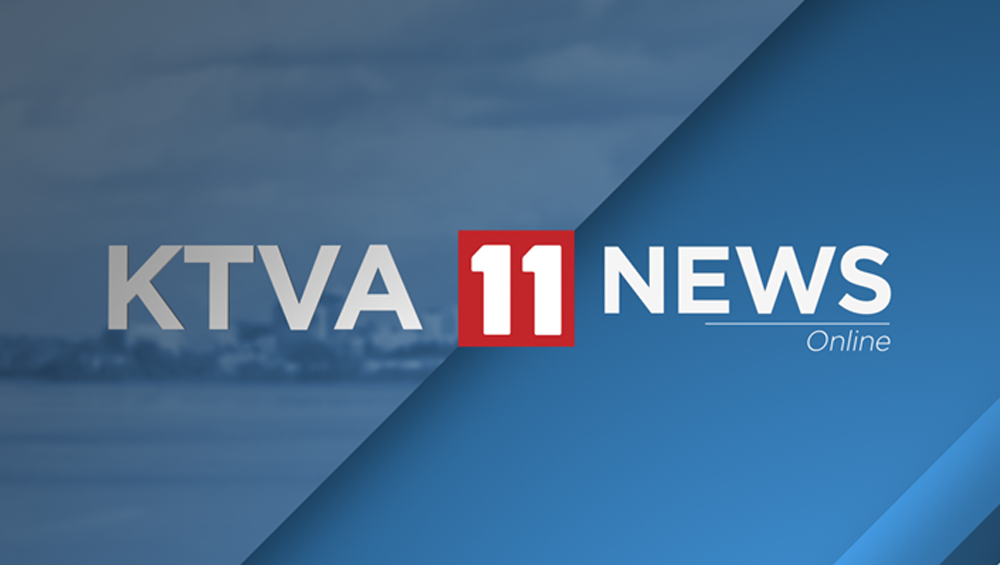
Gray Appeals FCC Fine Over Alaska Duopoly

Gray Television yesterday (Aug. 9) appealed a $518,000 FCC fine for allegedly violating the agency’s local ownership rules in Anchorage, Alaska, contending that its actions in setting up an NBC-CBS duopoly in the 147th-largest TV market “fully complied with the commission’s announced rules and unquestionably have improved broadcast television service” to local viewers.
“No finding of liability and no fine is appropriate in this case,” Gray says in its 48-page filing.
Gray’s trouble began after it acquired CBS affiliate KTVA in the summer of 2020 and moved its network programming to KYES, an MNT outlet it runs in tandem with NBC affiliate KTUU.
In levying the stiff fine last month, the FCC said the combo runs afoul of a rule that bans ownership of two top-4 rated stations in a market, typically two Big-4 network affiliates.
Gray counters that its acquisition of the CBS affiliate did not result in KYES becoming a top 4 station. It was already a top 4 station on the strength of its MNT programming, it says.
What’s more, it says, Gray acquired KYES in 2016 with the FCC’s approval “subject only to the condition that [it] not add a Big Four network affiliation to the station before February 2018.”
Gray also cited precedent. When it bought the Hoak Media group in 2014, it says, it acquired the NBC affiliation for the Lincoln, Neb., market, and used it to set up a top 4 duopoly by converting then MNT-outlet KSNB to an NBC affiliate to go along with CBS affiliate KOLN.
“Gray extensively negotiated this restructuring of the assets in Hoak with the commission’s staff, who closely consulted with the commission’s then-chairman on this and other restructuring requested by the commission staff. Although the Hoak decision did not address the affiliation changes, the commission staff was aware of them when it approved the transaction.”
Finally, Gray says that the NBC-CBS duopoly has been a benefit to Anchorage viewers.
It “advanced the public interest by saving jobs in an economy that was in recession long before the pandemic crippled local businesses, by expanding local news hours and resources in Anchorage (as well as Juneau), by providing more and higher quality advertising opportunities for advertisers, and by permitting the state’s dominant cable operator to enter into a novel retransmission arrangement to expand access to local broadcast stations to local households.”


































Comments (0)